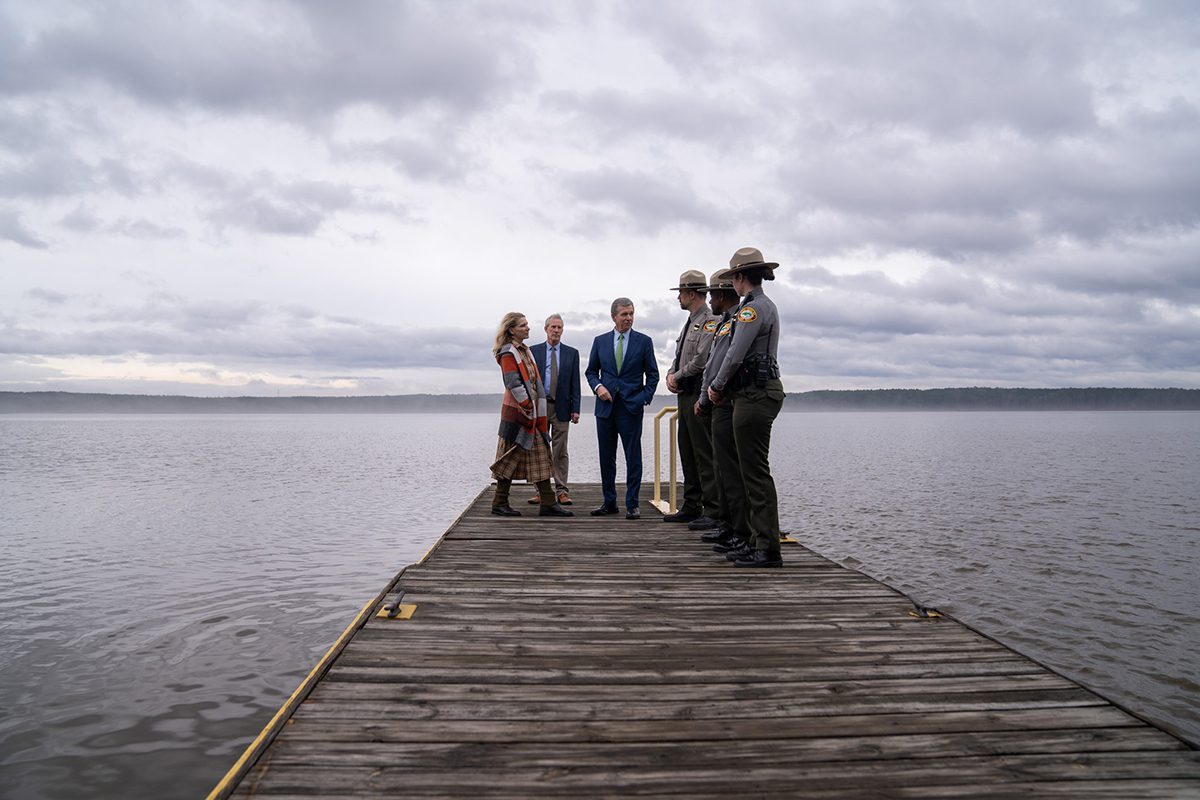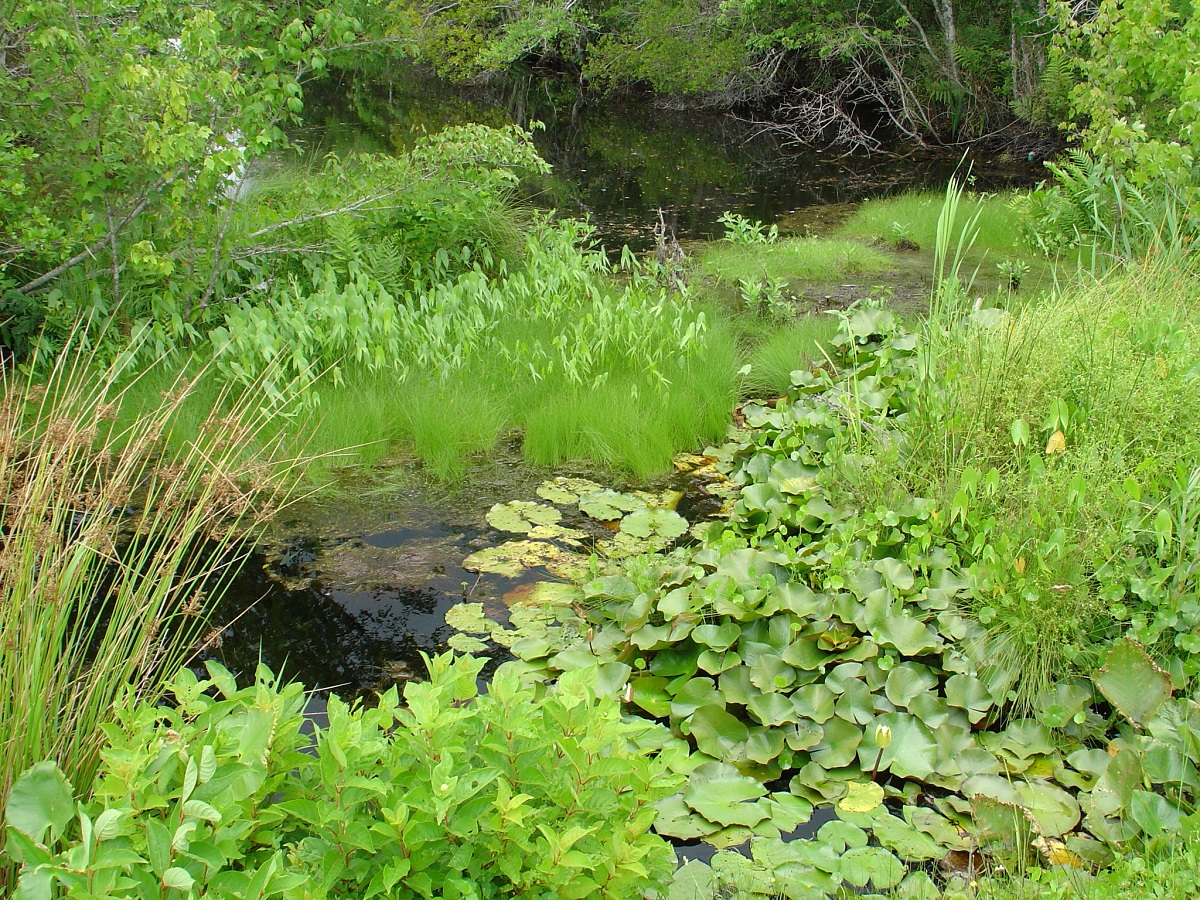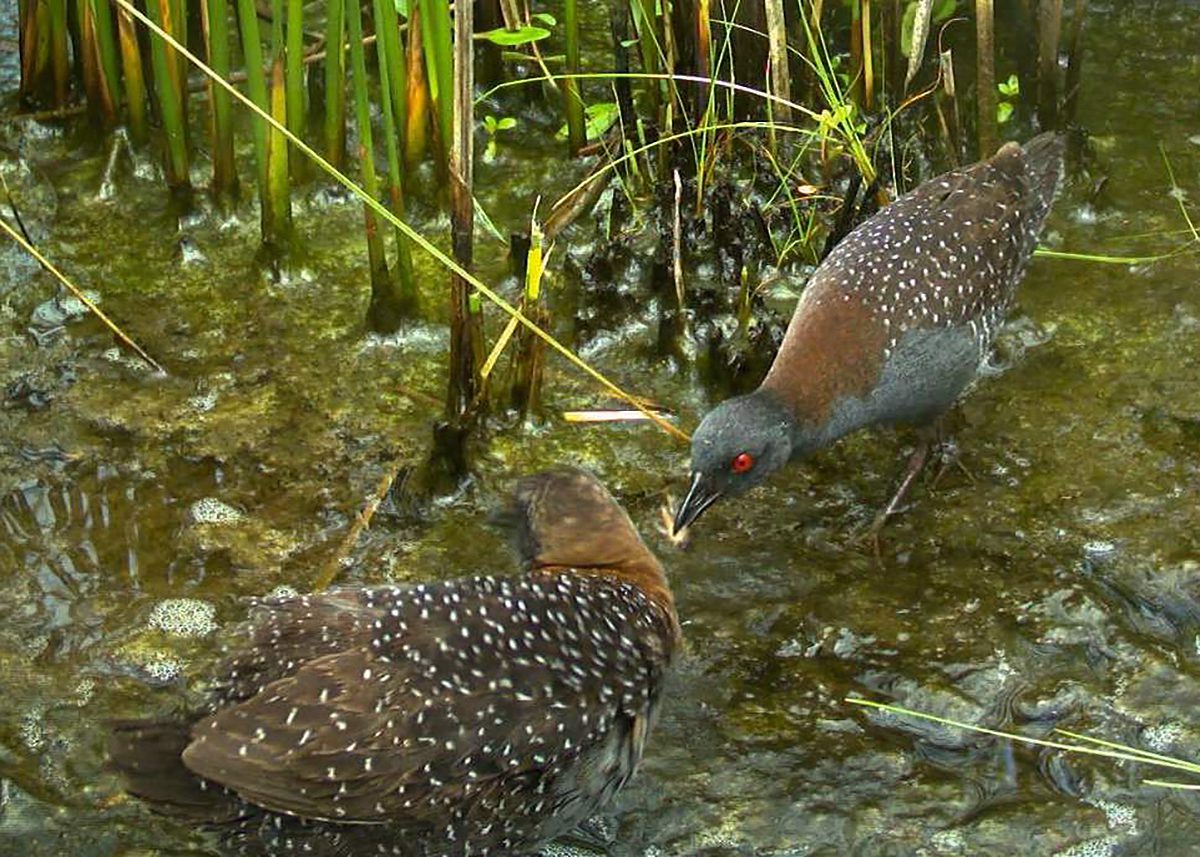
Gov. Roy Cooper has launched an ambitious initiative to conserve and restore wetlands that lost state protections last year when legislators passed a law that aligns with more narrowly defined federal wetland rules.
Cooper announced late Monday afternoon that he had signed Executive Order No. 305, which establishes a goal by 2040 to permanently conserve 1 million new acres of forests and wetlands, restore or reforest 1 million news acres of forests and wetlands, and plant 1 million trees in urban areas.
Supporter Spotlight
“North Carolina’s rich natural beauty is not only critical in our fight against flooding and climate change, but important to our economy,” Cooper stated in a release. “As our state continues to grow, we must be mindful to conserve and protect our natural resources and this historic Executive Order sets clear goals and puts a plan in place that will help us leave our state better than we found it for generations to come.”
Cooper last summer failed to stop the annual legislative exercise, the Farm Bill, which includes a provision that boxes in how the state can define and, ultimately, protect wetlands, from becoming law after North Carolina legislators overrode his veto of the bill.
Wording tucked into the North Carolina Farm Act of 2023 aligned how the state defines wetlands with that of the U.S. Supreme Court, which ruled last May that waters of the United States, or WOTUS, applies only to wetlands that have “continuous surface connection.”
Looking back: Digging into the Farm Act
The Farm Bill strips longtime state-enacted safeguards and compensatory mitigation for more than 2 million acres of wetlands unique to North Carolina like Carolina bays and pocosins, which have no inlet or outlet.
Supporter Spotlight
According to the order, pocosins cover a substantial portion of North Carolina, “offer extensive benefits through carbon storage and sequestration; enhance water quality through storage and filtration; contribute to biodiversity and ecological resilience and mitigate flood and fire risk that cause substantial economic cost.”
Looking back: Wetlands left unprotected
Under the order, state agencies are directed to avoid or curtail new projects that would harm these types of wetlands, including mountain bogs.
“The governor’s action today recognizes how vital wetlands are to North Carolina’s people and wildlife, fisheries and flood protection,” Mary Maclean Asbill, director of the North Carolina offices of the Southern Environmental Law Center, stated in a release. “North Carolina’s legislature set the wrong example by failing to protect our wetlands, increasing the risk of flooding to our communities and endangering North Carolinians and fisheries.”
The order also requires state agencies to study the social, economic and environmental value of protecting these and other types of wetlands and seek federal funding to protect and restore wetlands to minimize flooding, improve water quality and capture carbon.
Leaders of environmental organizations and state agency heads praised the order.
“Now more than ever, North Carolina needs to conserve our working lands—including wetlands and forests that reduce flooding, clean our drinking water, and sustain fish and wildlife,” Grady O’Brien, policy associate with North Carolina Conservation Network, said in a release. “We’re grateful for the robust commitment this executive order makes toward protecting natural resources and providing good stewardship of our state’s valuable lands.”
Katherine Skinner, executive director of The Nature Conservancy North Carolina Chapter, said efforts to protect and restore natural areas is “vital” for the state’s future.
“They ensure clean air, clean water, and recreational opportunities in a rapidly growing region,” she said in a release. “And, they are also crucial to our continued economic growth, most of which is centered on our natural resources.”
The state is experiencing more intense hurricanes, flooding, extreme temperatures, droughts, sea level rise and saltwater intrusion – all effects of climate change that have caused more than $250 billion in damages over the last few years, according to the executive order.
North Carolina has responded by investing millions in climate mitigation efforts, including the creation of the statewide Flood Resiliency Blueprint.
The goals and directives set in the order are derived in large part from the 2020 North Carolina Natural and Working Lands Action Plan, which was created with input from a group of nearly 100 expert stakeholders under the direction of the state Department of Environmental Quality, or DEQ. The plan lays out specific actions the state may take to reduce the impacts of climate change.
Looking back: Interactive maps show benefits of natural, working lands
Katie Warnell, a senior policy associate at Duke University’s Nicholas Institute for Energy, Environment & Sustainability, is part of the working group on natural and working lands.
“It is inspiring to see recommendations from the state’s Natural and Working Lands Action Plan being elevated as priorities in this executive order,” she stated in a release. “The order’s ambitious goals for land conservation and restoration will preserve and enhance the many benefits North Carolina’s natural and working lands provide to everyone who lives in or visits the state. The executive order also addresses many data gaps and limitations previously highlighted in the action plan, which hinder planning for the sustainable management of North Carolina’s lands and waters.”
The executive order also includes the following stipulations:
- A native plant policy for all future state-owned projects.
- Promotion and support from state agencies for new and ongoing conservation and restoration, and climate resiliency efforts within tribal communities.
- Research climate impacts on the state’s biodiversity.
“This Executive Order positions North Carolina to take a science-based approach to achieving mutually beneficial goals relating to environmental quality, economic development, resiliency, and ecosystem enhancement by identifying and protecting our forests and natural and working lands,” DEQ Secretary Elizabeth S. Biser stated in a release.
U.S. Fish and Wildlife Service Nature Based Resiliency Coordinator Sara Ward said the goal set in the order is a “game-changing target.”
“The U.S. Fish and Wildlife Service is particularly excited about the emphasis on the state’s internationally significant peatlands, known as pocosins, in today’s action,” she said in a release.
North Carolina Wildlife Resources Commission Executive Director Cameron Ingram called the order ambitious and important.
“Given all the tremendous pressures facing North Carolina’s lands and waters, we are excited to be a part of this ambitious and important initiative,” he said in a release. “We look forward to continuing to work with our State agency and non-profit partners to support the conservation of land to benefit wildlife and their habitats while providing opportunities for North Carolinians to enjoy hunting, fishing, boating, and wildlife associated recreation.”







